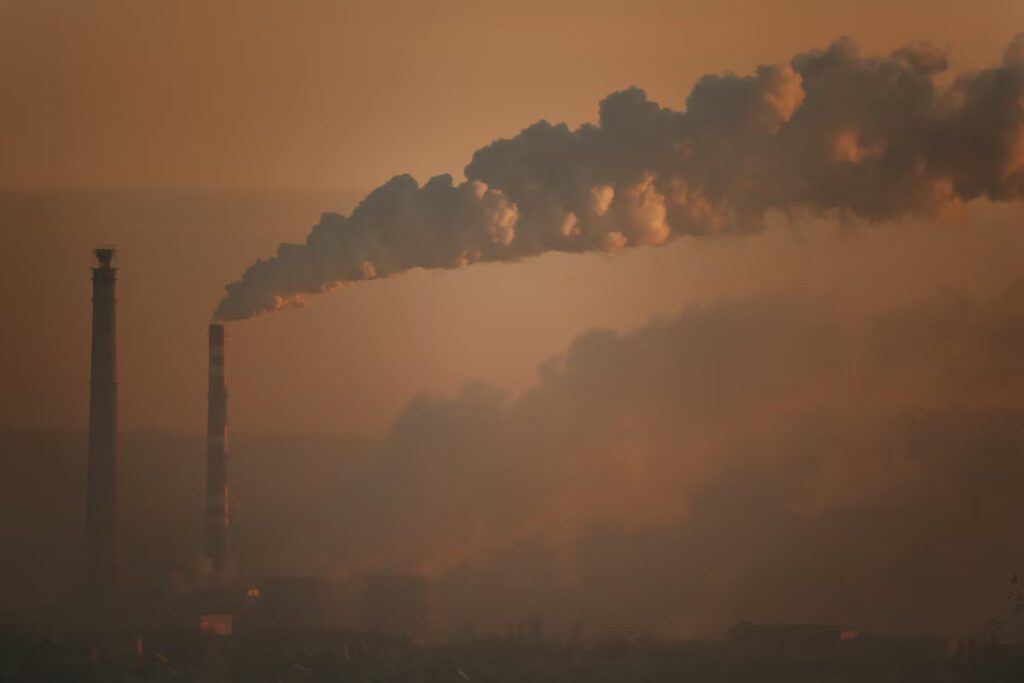Air pollution, which caused more than 12% of premature deaths in 2019 according to a recent article in The Lancet Planetary Health, is also responsible for increasing the likelihood and severity of COVID-19 infection, several studies show.
The most recent study, published in April found a connection between “short-term exposure to ambient air pollution and SARS-CoV-2 infection.” The study, which looked at 425 young people in Sweden, found that increases in particulate matter and black carbon in the air led to increased infection.
“To our knowledge, this is the first report of individual-level, short-term exposure to air pollution associated with SARS-CoV-2 infection among young adults,” the authors reported. “Our results are consistent with those of previous ecological studies in several countries and regions indicating that areas with poorer air quality are more likely to have more infection.”
Earlier studies, cited by the American Lung Association, focused on long-term exposure and showed correlations between COVID-19 deaths and:
- chronic exposure to hazardous air pollution;
- chronic exposure to fine article air pollution;
- long-term average exposure to fine particle pollution;
- exposure to nitrogen dioxide.
Overall deaths from pollution
The Lancet Planetary Health article, published May 17, found that pollution in all its forms, from sources like air pollution, toxic chemicals, water pollution, and lead pollution, was responsible for 9 million premature deaths in 2019, and the majority of these—6.7 million—were caused by air pollution.
Furthermore, the report noted, air pollution is also a climate problem.
“Air pollution is entwined with climate change because the emissions driving both development problems come largely from the same sources (eg, fossil fuel or biofuel burning). Burning fuels results in fine and ultrafine particulates … long-lived greenhouse gases, and short-lived climate pollutants,” which “are simultaneously air pollutants and climate warmers,” The Lancet Planetary Health article said.
Biotech can help
When it comes to tackling the challenges of air pollution, and other types of pollution, biotechnology can help. For example, sustainable transportation fuels emit less carbon into the atmosphere; gene editing and soil technologies may assure agricultural resilience in the face of shifting weather patterns; and bioplastics can minimize our plastic pollution problem.
As Dr. Michelle McMurry-Heath, president and CEO of the Biotechnology Innovation Organization (BIO), wrote in a recent op-ed for The Seattle Times:
“New technology has already made flights more fuel-efficient. Since 1990, fuel burn per passenger kilometer has dropped by more than 50% due to such innovations as high-performing wing technologies and AI-optimised flight paths. But those hard-won gains still weren’t enough to keep up with the growing demand for air travel. So scientists sought to transform jet fuel itself—from fossil-derived kerosene to renewable, plant-based energy.”




